How to browse the internet safely
AVM Content
Whether you're catching up with the latest news, chatting with friends or streaming your new favorite series - keeping safe on the internet is always important. But even just visiting a manipulated website or downloading apparently harmless content can have serious consequences for your computer: Viruses, worms and Trojans can inject themselves into files etc. and collect the passwords for your various accounts. Read on for handy tips and tricks about safely navigating the web without any worries.
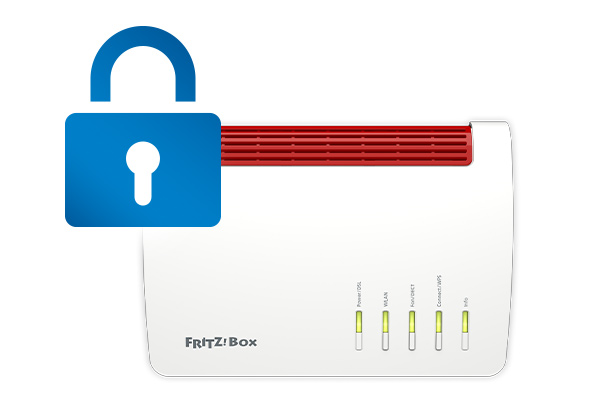
1) Keep your software up to date
The best way to keep your browsers, operating system and FRITZ!OS up to date is to activate automatic updates. You should also back up your data and files on a regular basis, which helps prevent data loss in the event of technical problems.
2) Trust your FRITZ!Box's firewall
The FRITZ!Box offers you a firewall to protect against unwanted data from the internet. Even in the factory settings, all computers, smartphones, and other devices connected to the FRITZ!Box are protected against many attacks from the internet. A personal firewall on your PC or laptop also protects privacy by controlling outbound traffic. And if you want to prevent other IP addresses from trying to log on to the FRITZ!Box from the internet, you can block them individually using the IP Block Lists.
3) Use strong passwords
Choose a password that can't be guessed by others and can't be cracked by computers. You shouldn't use a password more than once, but rather create a separate password for each account. Whenever possible, use two-factor authentication to provide additional security for your accounts in case a password is lost. Check out our guide for more tips and tricks for keeping your passwords safe and secure. To keep track of all your different login data and account information, we also recommend using a password manager.

4) Protect yourself against phishing and spam
Phishing is the process of circulating fake emails that are very similar in design and content to those of banks or other companies. Fake text messages from supposed parcel deliverers are also popular. If you click on a link in such an email or text message, you'll be redirected to a fake website where you are asked to disclose confidential information such as login data, PINs and TANs for your online banking. If you receive such a request, we advise contacting your bank and other business partners. You should also do the same if you fear you've already been the victim of a phishing attack. In the worst case, even just visiting a fake website can infect your device with a virus. It's therefore better to enter web addresses in the browser yourself or save your favorite websites or links as bookmarks. To avoid becoming the victim of annoying phishing and spam emails, you should be careful about where you enter your email address when surfing the web.
5) Pay attention to encryption and correct URLs
Attacks by manipulated websites can also play data into the wrong hands: For instance, if hidden malicious code is embedded in a website. In man-in-the-middle attacks, a third party secretly insinuates themselves between the sender and the recipient of sensitive data transmissions, meaning they can read or even manipulate the data. When logging into sensitive accounts, make sure that the connection is secured using Transport Layer Security (TSL) encryption – this is the case if the address displayed in the browser window starts with "https". Make sure you use the correct URL to avoid being exposed to a scam.
Checklist
- Keep your browser and operating system up to date with automatic updates.
- Use strong passwords, use a unique password for each account and use two-factor authentication.
- Do not click on any links in mails or text messages from unknown senders and be careful about disclosing your email address.
- Make sure your connections are encrypted at log-in and that you're on the right website


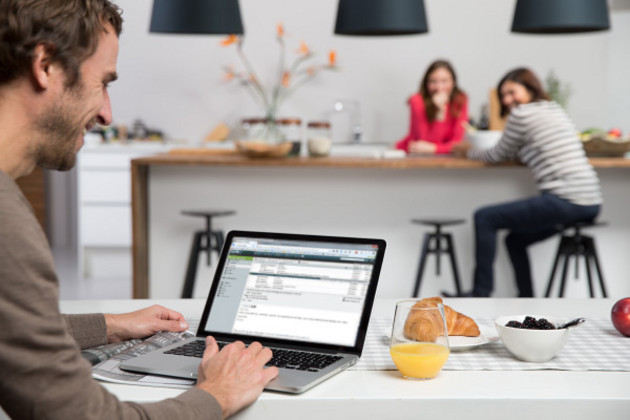
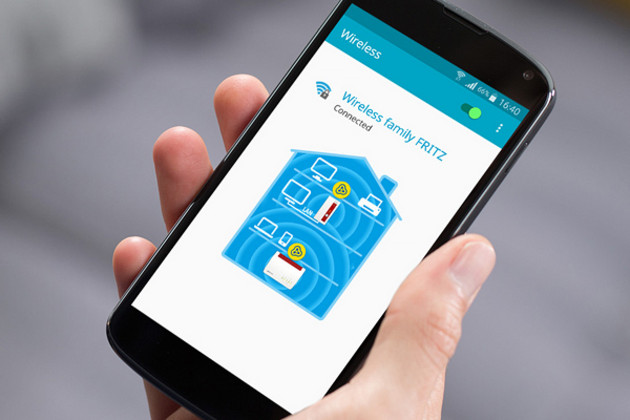




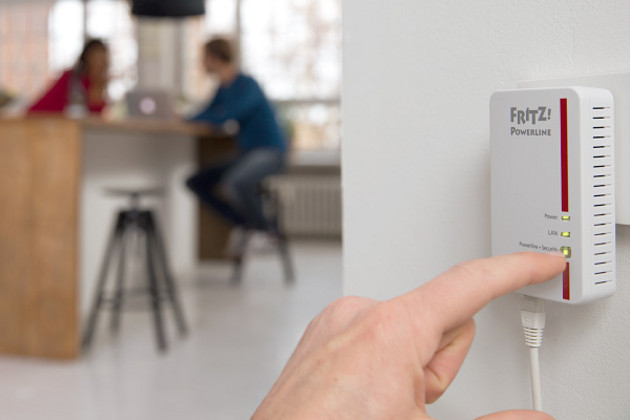
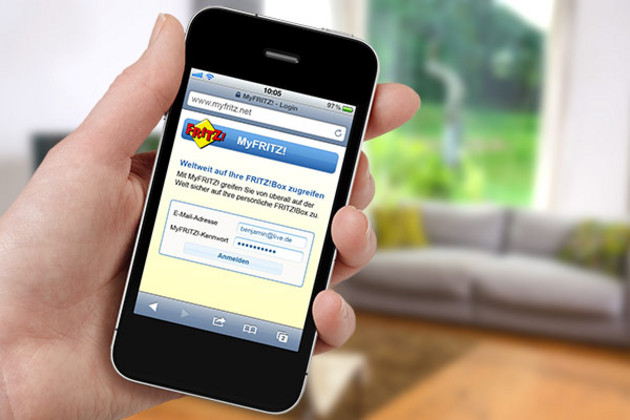
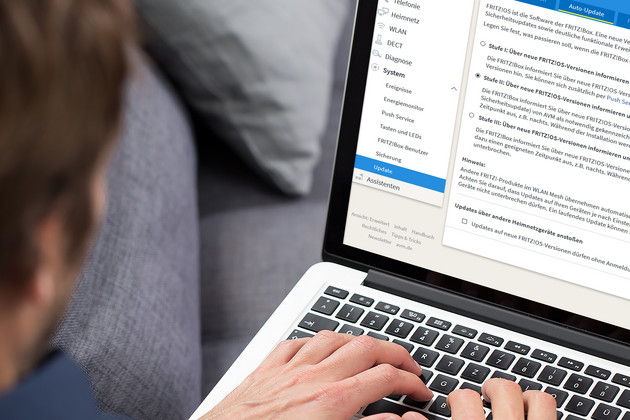
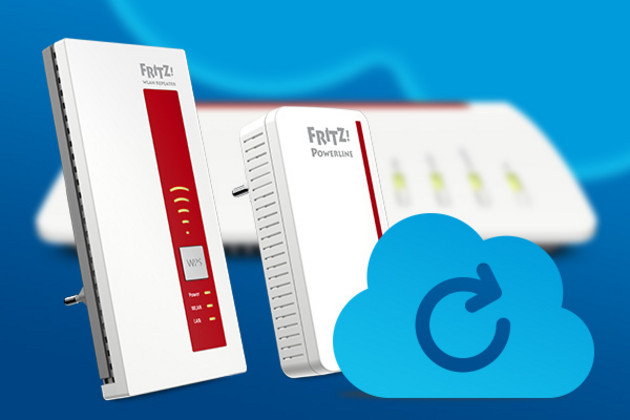
 Deutschland
Deutschland International (English)
International (English) België (Nederlands)
België (Nederlands) Luxemburg (Deutsch)
Luxemburg (Deutsch)